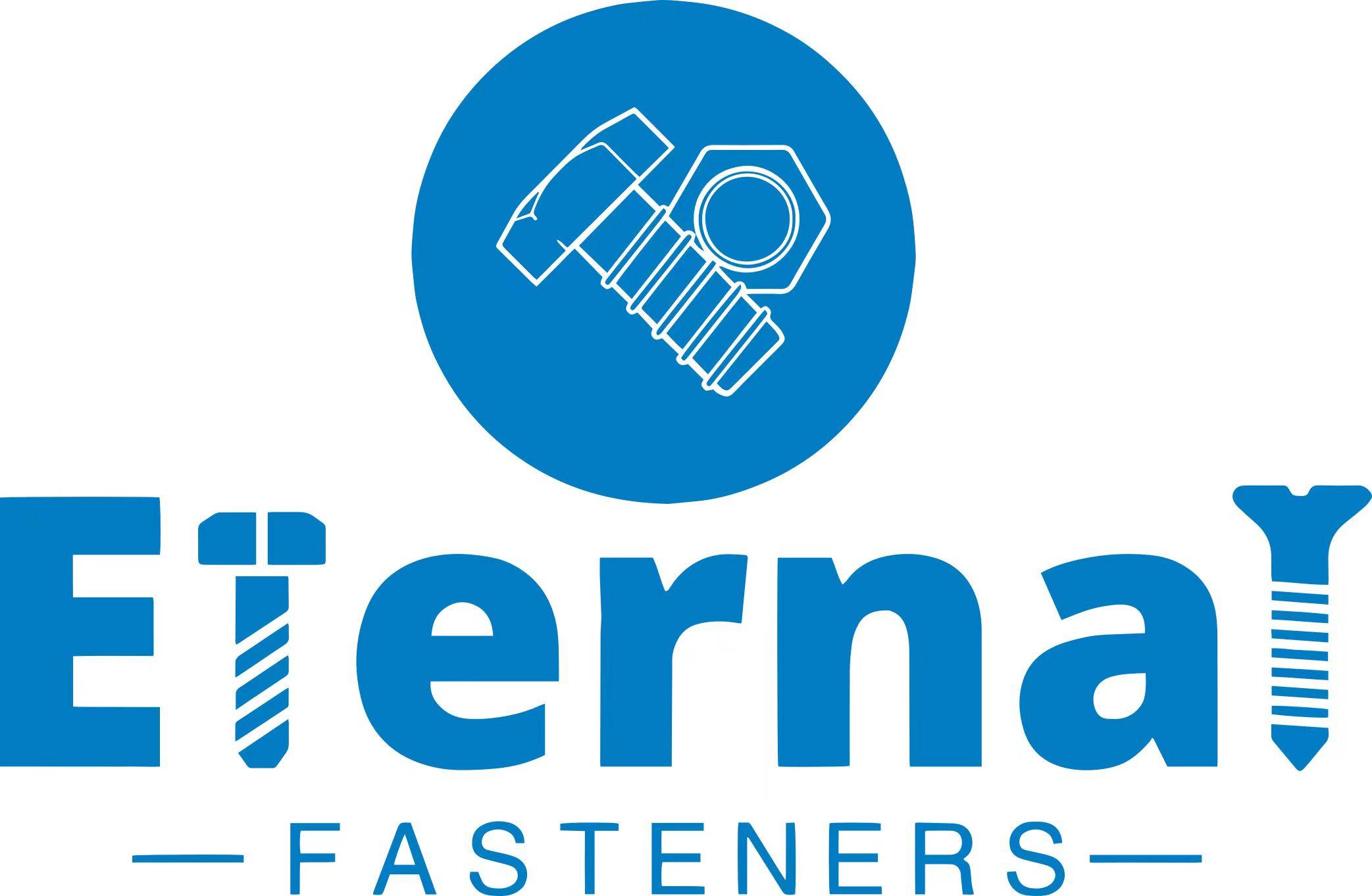Production Process
- Home
- Production Process
The production process for fasteners typically involves several stages, including raw material procurement, forming, heat treatment, surface finishing, and inspection. Here’s a general overview of the production process:
1.Raw Material Procurement: Fastener manufacturers source raw materials such as steel, stainless steel, or other specific alloys required for the desired fastener type. Materials are usually procured from reputable suppliers who meet quality and specification standards.
2.Forming: Forming is the process of transforming the raw material into the desired shape. Different forming methods are utilized depending on the type of fastener being produced. Common methods include cold heading, thread rolling, or hot forging. Cold heading is the most widely used method for manufacturing most types of fasteners.
3.Heat Treatment: Heat treatment is employed to enhance the mechanical properties of the fasteners. Processes such as quenching and tempering are used to increase the strength, hardness, and durability of the fasteners.
4.Surface Finishing: Surface finishing is applied to improve the corrosion resistance, appearance, and functionality of the fasteners. Processes such as plating (e.g., zinc plating, chrome plating), coating, or heat treatment are employed depending on the desired outcome.
5.Inspection and Quality Control: Fasteners undergo meticulous inspections to ensure they meet the specified dimensional, mechanical, and visual requirements. Inspection methods may include dimensional checks, hardness testing, tensile testing, and visual inspections. Stringent quality control measures are implemented to maintain consistent product quality.
6.Packaging and Delivery: After inspection, fasteners are carefully packaged to protect them during transportation and storage. The packaged fasteners are then shipped to customers or stored in inventory for distribution.
Throughout the production process, Eternal Fasteners adhere to industry standards and quality management systems to ensure the highest quality and consistency of their products. Continuous improvement initiatives are undertaken to optimize production efficiency, minimize waste, and enhance overall productivity.


